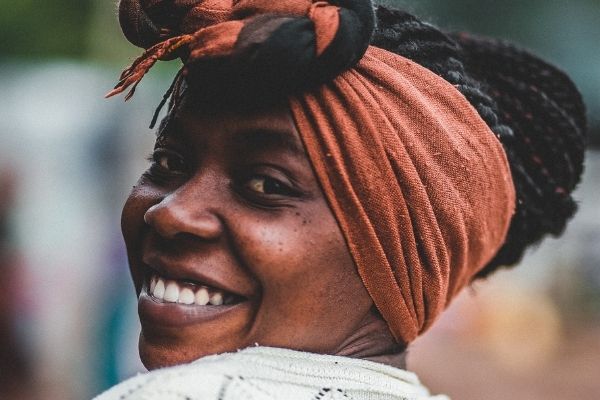
Deadline: 12-Apr-23
UN Women is seeking to engage qualified Non-Governmental Organizations as Responsible Parties (RPs) to support the implementation of the project “Building protection capacities of women and girls IDPs hosted in 5 municipalities of the West, Littoral and Centre regions”.
Proposal can be made for the entire project regions or for some particular regions as the proponent deems it appropriate. Each proposal should carry all the activities in the selected area.
Objectives
- The project objective is to ensure that displaced women and girls affected by the conflict in the North-West and South-West to the West, Littoral and the Centre regions are able to protect them-selves, build resilience and transition to autonomy. The overall goal of the initiative is to ensure that women and girls lead, participate in their security, and are empowered by and benefit from humanitarian response and recovery and resilience building efforts by meeting specific needs of women and girls as well as mainstreaming gender into humanitarian actions and resilience building. It builds on the successes of UN Women’s humanitarian portfolio since 2014 in response to the refugee crisis from CAR in the East and the Boko Haram crisis in the Far North, much of which was supported by the Government of Japan (GoJ). These consecutive initiatives have improved the lives of thousands of women and girls by providing an integrated service package through women cohesion spaces created in the refugee camps and host communities.
Funding Information
- The budget range for this proposal should be [50 000 USD Min. – 100 000 USD Max. per region].
Outcomes
- The project will target 5 municipalities in three regions, including Babadjou and Dschang in the West region, Loum and Djombe Penja in the Littoral and Bafia in the Centre region. The beneficiaries are mainly vulnerable women and girls, IDPs and host communities. The intervention is organized around two main outcomes:
- Outcome 1: Vulnerable women and girls IDPs and host population are locally supported and live protected in a safe environment
- Outcome 2: Vulnerable women IDPs and host population live in health and their dignity restored in a sanitized environment
Eligibility Criteria
- Technical/functional competencies required.
- Reputation of Organisation and Staff
- Be a national NGO with formal registration in the state offices;
- Have working office in the project area;
- Have an experience in working in emergency settings;
- Have an experience in working on social cohesion, GBV prevention and response as well as on livelihood;
- Have a functional staffing for the project including a monitoring and evaluation officer;
- Documented successful track record in the subject field;
- A proven commitment to results (able to provide records of successful projects);
- Proven credibility in gender tracking, mainstreaming and responsiveness;
- Proven credibility working towards gender equality and the empowerment of women, policy and practice level engagements on women peace and security, human and women’s rights, governance and women’s leadership, sexual and gender based violence response, trauma healing and psychosocial support, women’s economic empowerment, cooperative establishment and management, livelihood and economic/income generating opportunities, stakeholders (government, CSO, community) engagement and management and other relevant thematic areas.
General Organizational Capability:
- Strength of project management on creating or managing knowledge networks, convening a wide range of stakeholders, and generating policy advice.
- Track record of effective mainstreaming of gender and gender responsiveness in the implementation of the project, including implementing active gender tracking systems.
- Track record of working with governments, civil society, UN, community-based structures and other networks.
- Record and evidence of the organizational culture of accountability, such as a written code of conduct, measures on anti-corruption and sexual harassment policy and accountability to the affected population.
- A track record of delivering quality and timely project results.
- Capacity to integrate intergenerational learning, social inclusion and localisation in programming
- Organizational expertise in specified programme Area:
- Evidence that the organization has previous experience and expertise of successfully managing projects of the same nature, related to gender equality and the empowerment of women, policy and practice level engagements on women peace and security, human and women’s rights, governance and women’s leadership, sexual and gender based violence response, trauma healing and psychosocial support, women’s economic empowerment, cooperative establishment and management, livelihood and economic/income generating opportunities, stakeholders (government, CSO, community) engagement and management and other relevant thematic areas.
For more information, visit UN Women.
